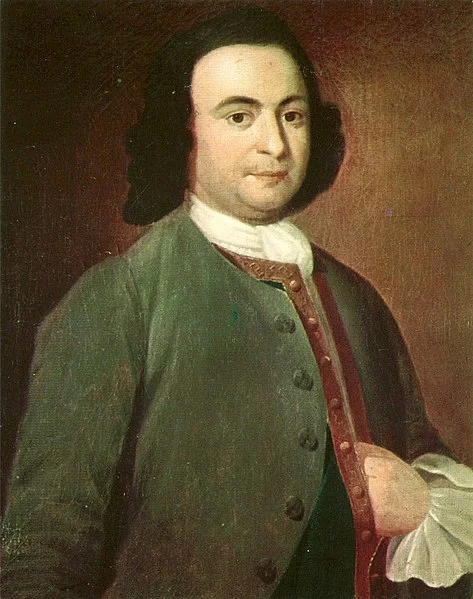Joseph Galloway and The Plan of Union
If someone attended the First Continental Congress, does that make them a Founding Father? What if, after the Declaration of Independence, they sided with the Loyalists and eventually fled to Britain? Joseph Galloway had a valiant attempt to end hostilities with Great Britain before they began.
First Continental Congress
In late September 1774, Joseph Galloway was attending the First Continental Congress on behalf of Pennsylvania.
The Congress was meeting to discuss how to put a stop to the oppressive Intolerable Acts the King had allowed Parliament to pass. Although the Boston Massacre was almost four years prior to this, the hostilities of the American Revolutionary War were yet to have broken out.
Joseph Galloway had a plan. He presented his Plan of Union to the Continental Congress hoping both the colonists and Parliament would find it agreeable and the tensions would be eased. That way everyone could go back to being the loyal British subjects they wanted to be.
It is important to note here, that almost everyone involved still wanted to remain British subjects. Even just a year and a half before the Declaration of Independence, they considered themselves British.
The Plan of Union
Galloway’s Plan was simple. There would be a President-General who was appointed by the King who would oversee the colonies.
Additionally, there would be a Colonial Parliament whose representatives would be appointed by the individual colonies. This would give the colonists a say in matters such as taxation and trade, but still leave the King with the ultimate authority.
To balance things out, the Colonial Parliament and British Parliament would be able to veto each other’s laws.
Tabled
The Plan of Union, in hindsight, was fairly well balanced between the desires of the moderate and radical elements in the First Continental Congress. But then Paul Revere showed up.
Revere arrived (after one of his many less famous rides) with news of the Suffolk Resolves. In short, the Suffolk Resolves led to Massachusetts boycotting all trade with Britain as well ignoring all of the Intolerable Acts.
This led to a vote in Congress to ‘table’ the Galloway Plan (it is often said the plan was ‘defeated,’ but in truth it was simply put aside indefinitely).
The tabling of the Galloway Plan of Union is a significant moment in the radicalization of the American Patriots.
Aftermath
We have access to Joseph Galloway’s Plan now because he would later publish it in disagreement with the actions taken by the First Continental Congress.
What is interesting about his plan is how similar some of its ideas are to the U.S. Constitution which would be written thirteen years later. It has one President and, in a fashion, two Houses of Congress which can veto each other’s legislation. Additionally, it had one government whose power could override that of the individual states in matters of trade and taxation.
For Joseph Galloway, however, things did not end the way he would have liked. Eventually, afraid of the decisions being made by the Patriots, he would side with the Loyalists. Galloway eventually went to England and testified before the House of Commons.
Labeled a Tory, he would never return to America.
So what do you think, should Joseph Galloway be considered a Founding Father? He did side with Britain and flee the country. However, he went to the First Continental Congress with valid concerns about Parliament's actions. His Plan of Union might even be considered an attempt to create America's first federal government.
Leave a comment and let me know what you think!
Pick up one of these books about the early Revolution from our affiliate Amazon:







